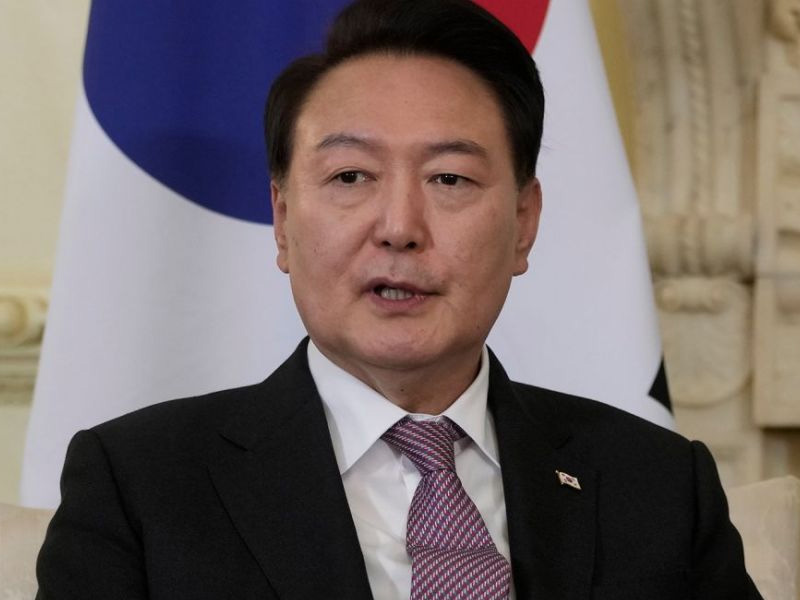South Korea has formally opened a criminal trial against former President Yoon Suk Yeol, who was recently removed from office. Yoon stands accused of insurrection for his controversial declaration of martial law in late 2024 — a move that triggered widespread protests and political turmoil across the nation.
During Monday’s hearing at the Seoul Central District Court, Yoon strongly denied accusations of attempting a coup, insisting that the martial law order was not aimed at seizing power but at addressing what he called political gridlock. He claimed the measure was prompted by a wave of impeachments initiated by the opposition-controlled legislature, which had targeted over 20 top officials, including the head of the Board of Audit and Inspection.
Yoon was officially ousted earlier this month by the Constitutional Court, which ruled that he had overstepped his constitutional authority. Prosecutors argue that his decision to impose martial law was legally unfounded and effectively paralyzed major branches of government.
Appearing in court in a dark navy suit and red tie, Yoon spent about 40 minutes defending his actions. He described the martial law order as a “symbolic gesture” meant to signal urgency and unity — not to suppress democracy. He claimed he never intended for the order to last beyond a single day.
Yoon acknowledged briefing former Defense Minister Kim Yong-hyun on his intentions ahead of time. However, he suggested that the military’s response may have gone beyond his expectations due to standard protocols for martial law training, implying a possible overreach by defense officials.
The case marks an unprecedented moment in South Korea’s modern political history, highlighting the deepening tension between executive authority and democratic institutions. As the trial progresses, it is likely to ignite further debate over the limits of presidential power and the fragility of constitutional governance.

